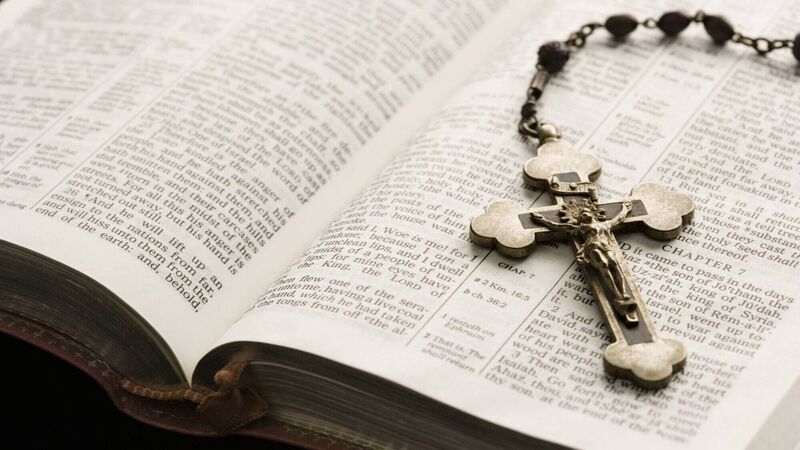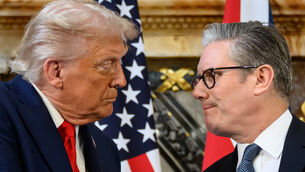Mick Clifford: I swear to God, this can't go on - it's time to axe the presidential oath

The wording of the Irish presidential oath requires the president to swear to 'Almighty God' when taking office.
On Thursday, the European Court of Human Rights dismissed a legal challenge to the presidential oath, in which the office-holder must swear to serve “in the presence of Almighty God”.












